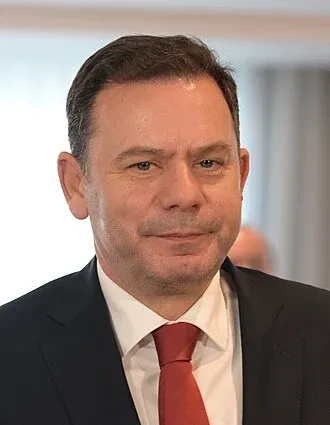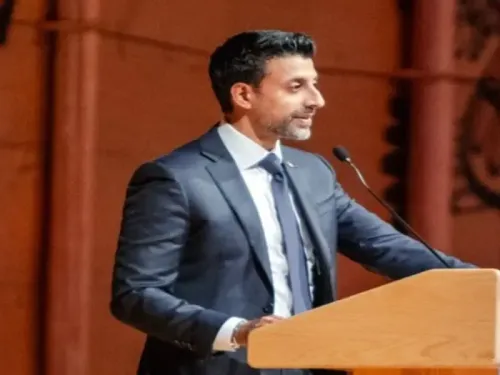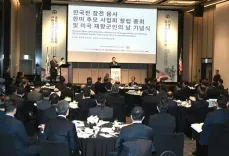Did the Democratic Alliance Win the Parliamentary Elections in Portugal?

Synopsis
Key Takeaways
- The Democratic Alliance won the most seats but lacks a majority.
- Chega's growth highlights voter dissatisfaction with traditional parties.
- Key issues included immigration and the cost of living.
- Political stability remains a concern for voters.
- The future governance of Portugal faces significant challenges.
Lisbon, May 19 (NationPress) In the recent parliamentary elections in Portugal, the centre-right Democratic Alliance, under the leadership of Prime Minister Luis Montenegro, emerged as the party with the highest number of seats, as per official tallies.
Despite winning 32.1 percent of the votes, translating to 86 seats, the alliance did not achieve the 116 seats required to secure a majority in the 230-member parliament.
Data from the Ministry of Internal Administration reveals that the Socialist Party came in second with 23.38 percent of the vote, resulting in 58 seats. The far-right Chega party closely followed with 22.56 percent, also capturing 58 seats.
Key issues during the election included immigration policy, the cost-of-living crisis, and housing, igniting considerable public discourse. Polling indicated a notable increase in voter apprehension regarding political stability and economic health.
Portugal operates as a parliamentary republic with a unicameral legislature, where 230 members are elected through direct vote for four-year terms. On March 13, President Marcelo Rebelo de Sousa dissolved parliament and called for a snap election on May 18, marking the nation's third early parliamentary election in under four years.
Established in 2019, Chega was initially perceived as a fringe party due to its radical views and anti-establishment approach. Within six years, it grew from a single parliamentary seat to 58, transitioning into the political mainstream, according to reports from Xinhua.
The party resonated with widespread dissatisfaction towards traditional political parties, particularly regarding persistent issues such as housing shortages, a strained public healthcare system, and ongoing corruption scandals.
Chega has garnered significant backing from conservative voters, advocating for strict stances on immigration, public security, and national identity.
Since Montenegro has ruled out a coalition with Chega, the party is anticipated to lead the opposition. However, governing without their support poses a substantial challenge given their considerable seat count.
President Marcelo Rebelo de Sousa has also expressed strong opposition to the participation of far-right parties in government, adding more uncertainty to the formation and stability of the forthcoming administration.









